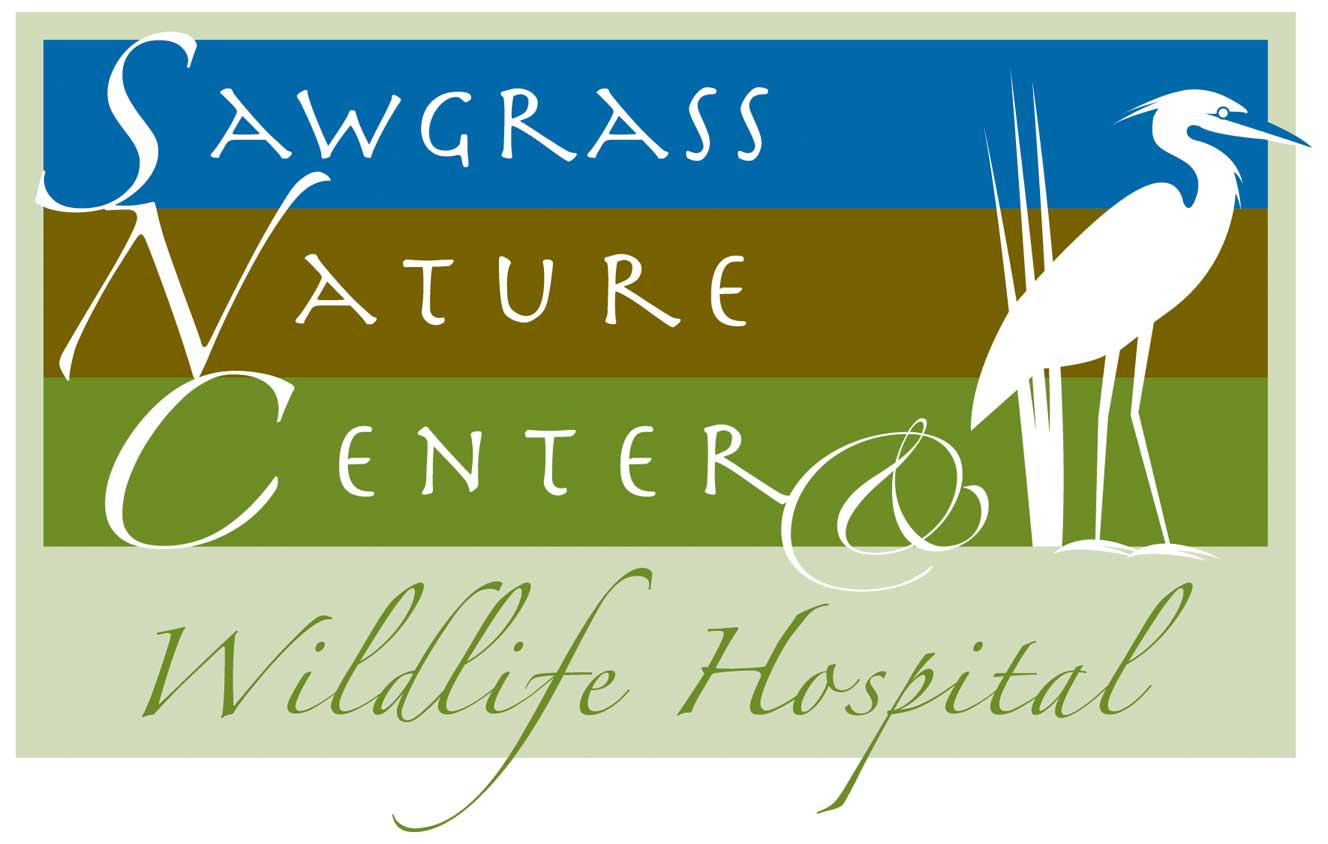
Interested in supporting a mighty cause? The Sawgrass Nature Center is working hard to bring free environmental education and career building resources to Title I students in South Florida. As our community begins to recover from a wicked pandemic, we believe that it is important to lend a hand to the families most impacted by it.
The Sawgrass Nature Center is participating in A Community Thrives, a program that supports community improvement ideas with grants up to $100K. To qualify for a grant, we need to meet a fundraising goal from our own network. Help us raise awareness and funds for our project by making a donation online from September 21st through October 16th.
The goal of our project is to bring environmental education to students through a virtual adaptation of our educational programs such as Meet Your Wildlife Friends. Programs like this are typically offered to students at an average minimum price of $180. We want to be able to bring these resources to Title I schools that do not have the funds to pay for the programs themselves in the form of a four-step program or two-step program.
The four-step program will be geared towards older students with the first two steps being a volunteer and professional skill building workshop. The third step will be a professional education program that provides them with an opportunity to get an immersive experience in environmental science. The fourth step is a volunteer opportunity at the Sawgrass Nature Center’s own community garden. This will grant students experience in agriculture, hands-on work, and time in a professional environment.
The two-step program will be developed for a younger crowd. The first step will be an optional craft seminar that is adapted to the teacher’s curriculum and our animal friends. The second step will be the Meet Your Wildlife Friends program, where we bring out our Educational Animals for students to interact with and learn about.
Our community needs resources for dynamic virtual learning opportunities that will complement their regular instruction. We believe it only fair that the resources we offer be made to as many students as possible regardless of socio-economic distinction.
When it comes to community building, the Sawgrass Nature Center believes in a bottom-up effect. Students in our community are the next to step into the work force, the next to inherit the world we leave behind for them. The future is in their hands. Our program shares with them education on nature around them and how to best be responsible for our environment and the wildlife that inhabit it. Our goal is to also provide older students with the skill and professionalism necessary to put that education to best use in the workforce and higher academics. We believe we are watering the seeds of future growth.
Help us grow the future of South Florida through the Mighty Cause Foundation by donating below. Click here to learn more about our campaign.






